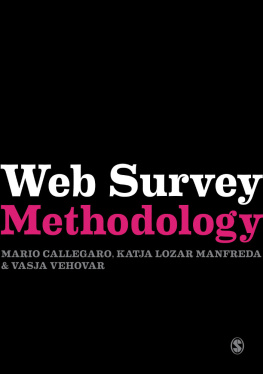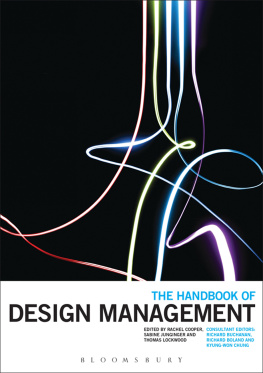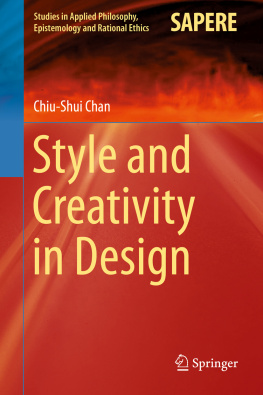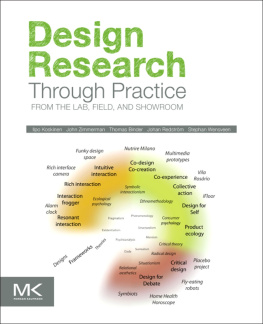Gordon B. Willis - Cognitive Interviewing: A Tool for Improving Questionnaire Design
Here you can read online Gordon B. Willis - Cognitive Interviewing: A Tool for Improving Questionnaire Design full text of the book (entire story) in english for free. Download pdf and epub, get meaning, cover and reviews about this ebook. year: 2004, publisher: SAGE Publications, genre: Politics. Description of the work, (preface) as well as reviews are available. Best literature library LitArk.com created for fans of good reading and offers a wide selection of genres:
Romance novel
Science fiction
Adventure
Detective
Science
History
Home and family
Prose
Art
Politics
Computer
Non-fiction
Religion
Business
Children
Humor
Choose a favorite category and find really read worthwhile books. Enjoy immersion in the world of imagination, feel the emotions of the characters or learn something new for yourself, make an fascinating discovery.

- Book:Cognitive Interviewing: A Tool for Improving Questionnaire Design
- Author:
- Publisher:SAGE Publications
- Genre:
- Year:2004
- Rating:3 / 5
- Favourites:Add to favourites
- Your mark:
Cognitive Interviewing: A Tool for Improving Questionnaire Design: summary, description and annotation
We offer to read an annotation, description, summary or preface (depends on what the author of the book "Cognitive Interviewing: A Tool for Improving Questionnaire Design" wrote himself). If you haven't found the necessary information about the book — write in the comments, we will try to find it.
As both an academic instructor in questionnaire design and a research design methodologist for the federal government, I feel this book is very timely, useful for students and practitioners, and unique in its use of real world practical examples that most everyone can relate.
Terry Richardson, General Accounting Office
The combination of theory and practical application will make this a useful book for students as well as professionals who want to learn how to incorporate cognitive interviewing into the questionnaire design process.
Rachel Caspar, RTI International
The design and evaluation of questionnairesand of other written and oral materialsis a challenging endeavor, fraught with potential pitfalls. Cognitive Interviewing: A Tool for Improving Questionnaire Design describes a means of systematically developing survey questions through investigations that intensively probe the thought processes of individuals who are presented with those inquiries. The work provides general guidance about questionnaire design, development, and pre-testing sequence, with an emphasis on the cognitive interview. In particular, the book gives detailed instructions about the use of verbal probing techniques, and how one can elicit additional information from subjects about their thinking and about the manner in which they react to tested questions. These tools help researchers discover how well their questions are working, where they are failing, and determine what they can do to rectify the wide variety of problems that may surface while working with questionnaires.
Cognitive Interviewing is ideally suited as a course text for advanced undergraduate and graduate research courses across the social sciences. Professional researchers and faculty in the social sciences, as well as practice fields such as medicine, business, and education, will also find this an invaluable reference for survey research. There is no other book on the market that covers cognitive interviewing as applied to questionnaire design.
Gordon B. Willis: author's other books
Who wrote Cognitive Interviewing: A Tool for Improving Questionnaire Design? Find out the surname, the name of the author of the book and a list of all author's works by series.








